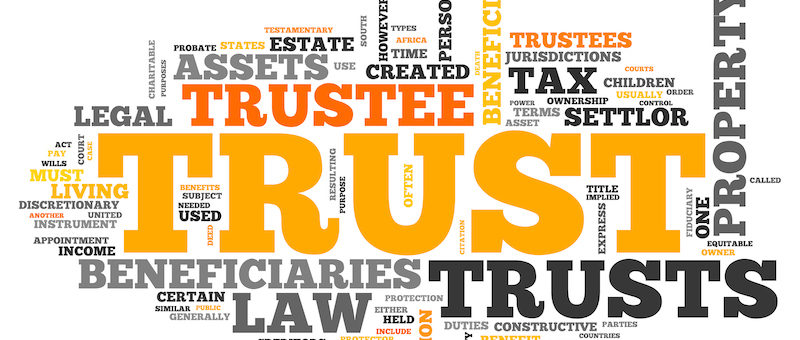estate planning
| by Lindsay & Allen Law Firm | Estate Planning
Beneficiary designations are a common element in estate plans. We have opportunities to set up these arrangements when purchasing life insurance, setting up retirement plans and bank accounts, and on other occasions. It is a good idea to slow down and think about beneficiary designations. Correctly used, beneficiary designations can be a great convenience that […]
Tags: asset protection, beneficiaries, beneficiary designation, estate planning, pod, property, taxes, tod, trust
Read more
| by Lindsay & Allen Law Firm | Estate Planning
As perhaps a universal rule, clients desire to retain the flexibility to change their estate plans. Changes may become desirable as family members are born or die, as estates increase or decrease, as desires and objectives change, and as other life events occur. Irrevocable trust planning refers to a subset of estate plans in which […]
Tags: asset protection, estate planning, florida law, irrevocable planning, Irrevocable Trusts, state law, taxes, trust, will
Read more
| by Lindsay & Allen Law Firm | Estate Planning
Divorce is an unfortunate reality. According to the American Psychological Association, about 40% to 50% of married couples in the United States divorce, and the divorce rate for subsequent marriages is even higher. With this in mind, divorce is often an import part of estate planning. Prenuptial and Postnuptial Agreements The first question in considering […]
Tags: asset protection, divorce, estate planning, florida law, postnup, prenup, state law, taxes, will
Read more
| by Lindsay & Allen Law Firm | Estate Planning
Often, estate planning clients know they need to have a Last Will and Testament and perhaps even a Revocable Trust. Sometimes, however, they may not realize that they also need other documents to complete their estate plan. The simple reason why multiple documents are necessary is because each document has a separate purpose. The Last […]
Tags: durable power of attorney, estate planning, florida law, health care advance directive, last will and testament, Revocable Trust
Read more
| by Lindsay & Allen Law Firm | Estate Planning
Estate planning clients often ask questions about taxes. What will be owed? How are they paid? When are they due? Who must pay them? There are several taxes that apply in the context of estate planning. The most common of these are income taxes, estate taxes (also known as inheritance or death taxes), and gift […]
Tags: assets, estate planning, estate taxes, gift taxes, income taxes, taxes
Read more
| by Lindsay & Allen Law Firm | Probate and Trust
Most estate planning clients have questions about Trusts. What are they? What are they for? Do I need one? This blog entry will answer some of those questions. By definition, a Trust is a relationship between three persons: The person who creates the Trust, often called the Settlor, Grantor, or Trustor The person who manages […]
Tags: estate planning, Irrevocable Trusts, Revocable Trust, trust
Read more
| by Lindsay & Allen Law Firm | Estate Planning
Clients often ask what will happen if they don’t have a Will and other estate planning documents. Creating estate planning documents allows you to make sure things work out the way you want. Of course, many people never make a Will or other estate planning documents. If you don’t create your own documents, Florida law […]
Tags: estate planning, florida law, health care advanced directive, last will and testament, power of attorney, probate, revocable living trust
Read more
| by Lindsay & Allen Law Firm | Probate and Trust
Probate administration is the court-supervised process of identifying, managing, and ultimately distributing your probate assets following your death. This article highlights some of the issues addressed in probate. First, probate administration is generally required only if a decedent left assets subject to probate. Probate assets include real property and personal property owned by a decedent […]
Tags: assets, creditors, estate planning, personal representative, probate, probate administration, property
Read more
Top








